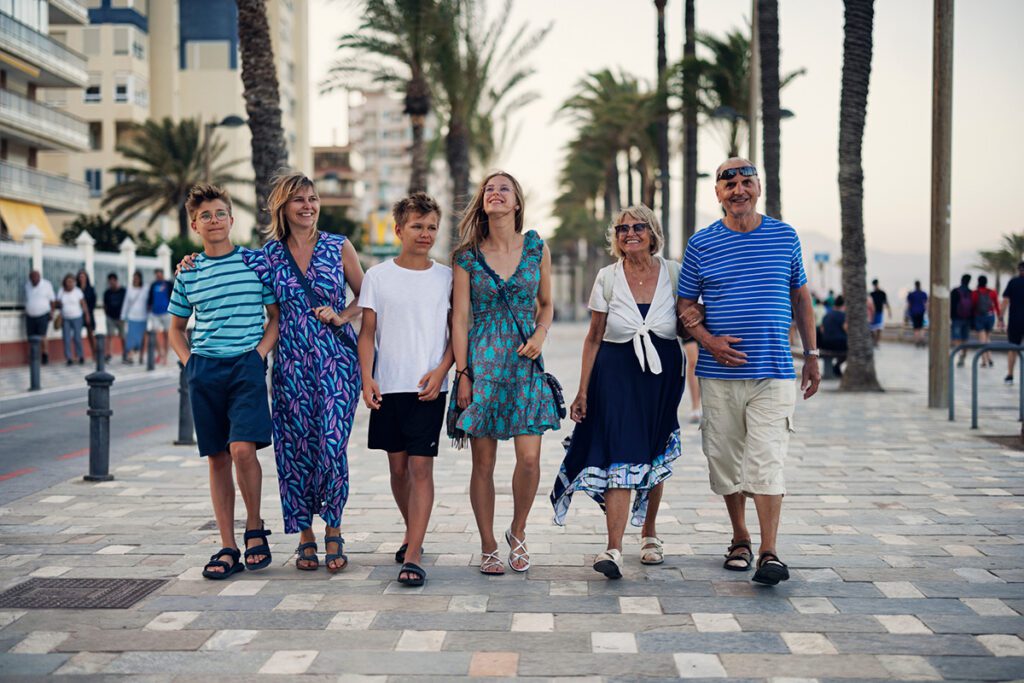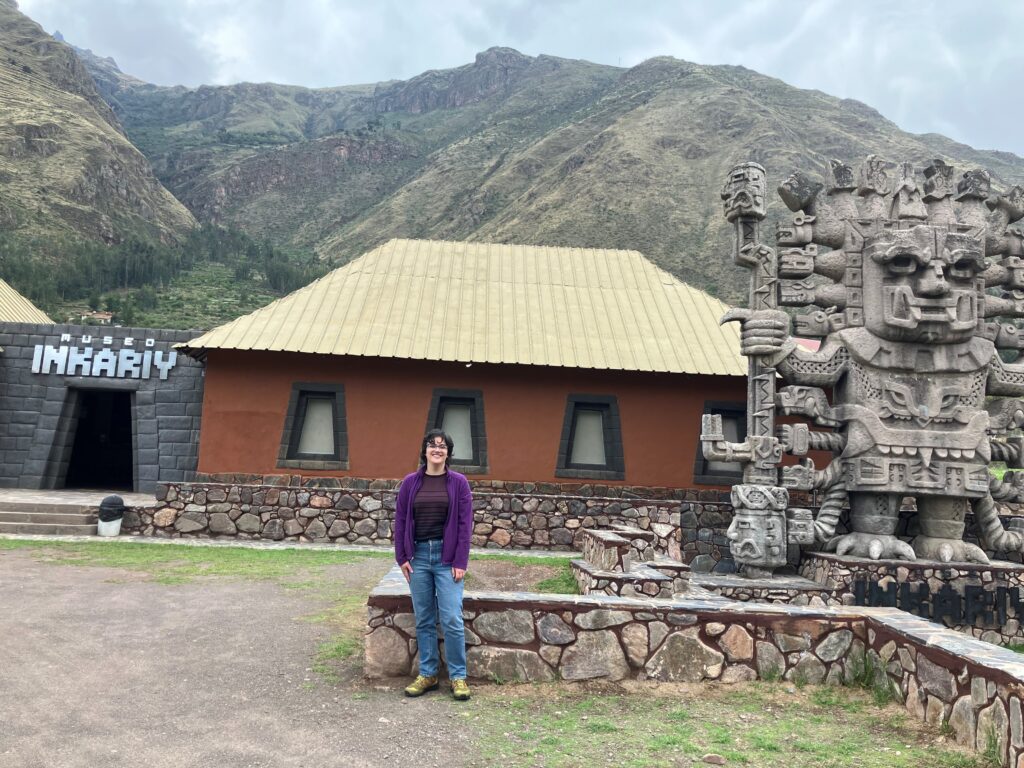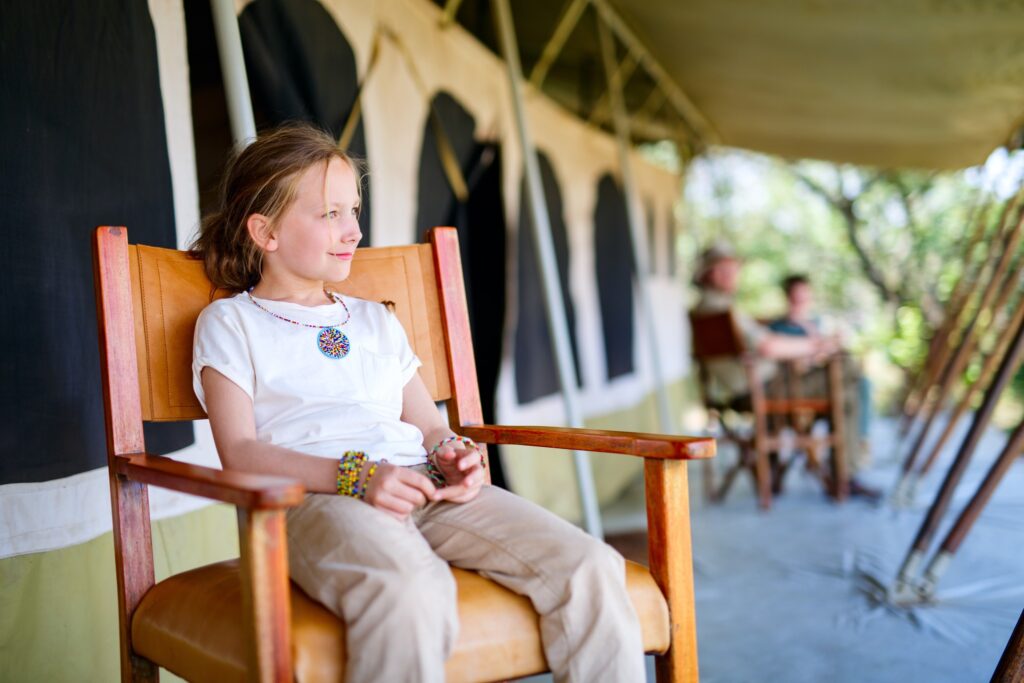One of the most rewarding parts of parenthood is the chance to see our children mature. It’s also why traveling is important for our loved ones: it helps them learn about different cultures and become better global citizens.
A survey of almost 1,500 U.S. teachers, performed by the Student and Youth Travel Association, found 74% of educators believed travel has “a very positive impact on students’ personal development,” according to Travel + Leisure. The study also found that 56% of teachers believed that travel’s positive impact can extend into a student’s education and career.
But why does travel make our children more well-rounded individuals?
Why Is Traveling Important for Children Learning about Different Cultures?
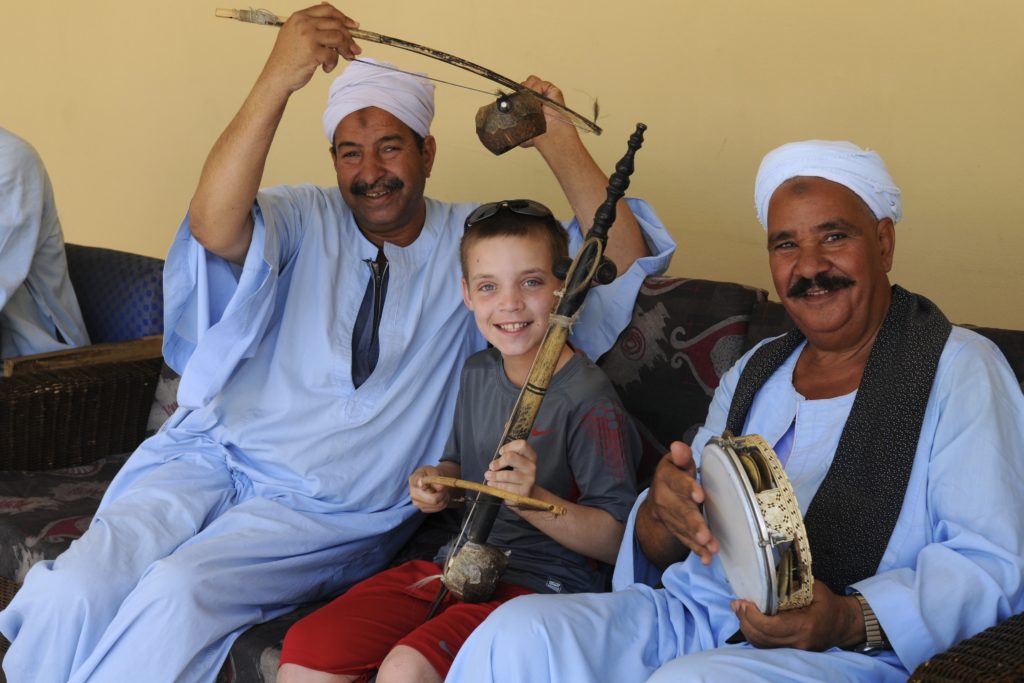
- Children Achieve Greater Knowledge of the World. Coming into contact with diverse cultures helps children embrace worldviews, lifestyles and practices different from their own. This is perhaps the most important part of becoming a kinder and more empathetic world citizen. Greater knowledge of these cultures helps children respect and value them.
- Children Make New Friends. Making friends in international locations is one of the most eye-opening friendships a child can have. By meeting, laughing, playing and learning with someone their age, they form bonds and memories that can last for life. Just ask the Wear family, who keep in touch with students they met in Japan through our Friends Across Borders
- Children Shatter Stereotypes. Learning about people in different cultures helps children discover the common human truths they share with the people of that group. This helps them overcome a stereotypical worldview, and enables them to avoid defining an entire community and culture based on the actions of one individual.
- Children Stimulate their Minds with New Experiences. Children can learn about culture in tons of different ways: through art, food, cultural exchanges, food and international travel (did we mention food?). Through these new experiences, children cultivate a lifelong love of learning and discovery.
[Here are five easy Thai dishes the kids will love.]
- Learning about Different Cultures is Fun! A classroom lesson on the history of Greece may not be the most exciting way to teach a child. But a race around the first Olympic stadium in history and a cooking lesson with a Greek family isn’t as easy to forget! Hands-on experience with new international cultures is often the most exciting and engaging way to educate.
What do Children Learn When They Travel?
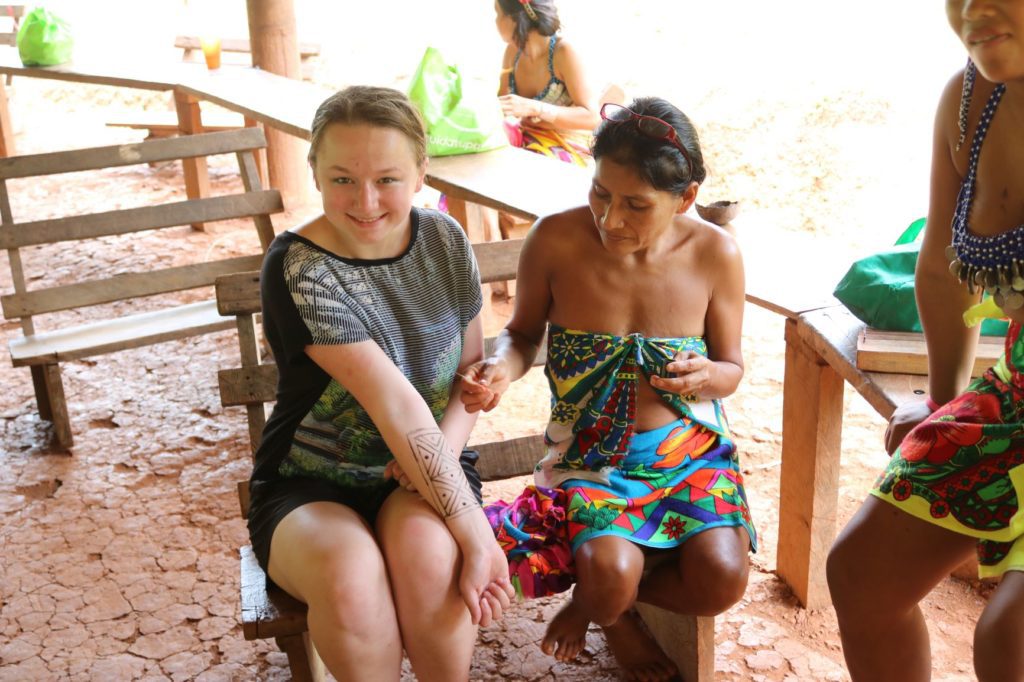
What better way to learn about different cultures than to spend time with people from those cultures? Eating their cuisine, walking their streets and learning about their daily lives sheds light on the realities that are often overlooked when cultural groups are generalized.
Our Friends Across Borders program makes this kind of personal connection a priority. Whether or not you meet with pen pals or play soccer with children on your travels, your kids can still learn so much from your travels.
- Children Learn about the Day-to-Day Lives of Residents. In the markets of Marrakesh and the temples of northern Thailand, children see and experience daily life going on around them: shoppers buying produce and monks receiving alms, among an almost infinite variety of sights. This humanizes individuals in other cultural groups.
- Children Learn to Communicate Across Language Barriers. Kids are great problem-solvers. When words won’t do the trick, games and laughter fill in the gaps. For example, when traveler Steven Friedlander and his daughter traveled to Ecuador, his daughter met her pen pal for the first time. The two girls were six years old and didn’t share a common language.
“Within five minutes, they were best friends, playing with some chalk, giggling and laughing and communicating with hand motions and smiles,” Steven said.

- Children Learn about Different Cultural Practices and Social Customs. Experiencing festivals, parties and other cultural practices helps children understand how people live very different ways of life, and that their own may not necessarily be the best. This understanding helps kids develop tolerance for others in the same way they hope to be tolerated.
- Children Learn to See Their Own Lives in New Ways. One of the best parts of travel at any age is the sense of perspective it brings us. The act of meeting new people or discovering a new destination help establish emotional maturity, as well as new ways of thinking and problem-solving.
